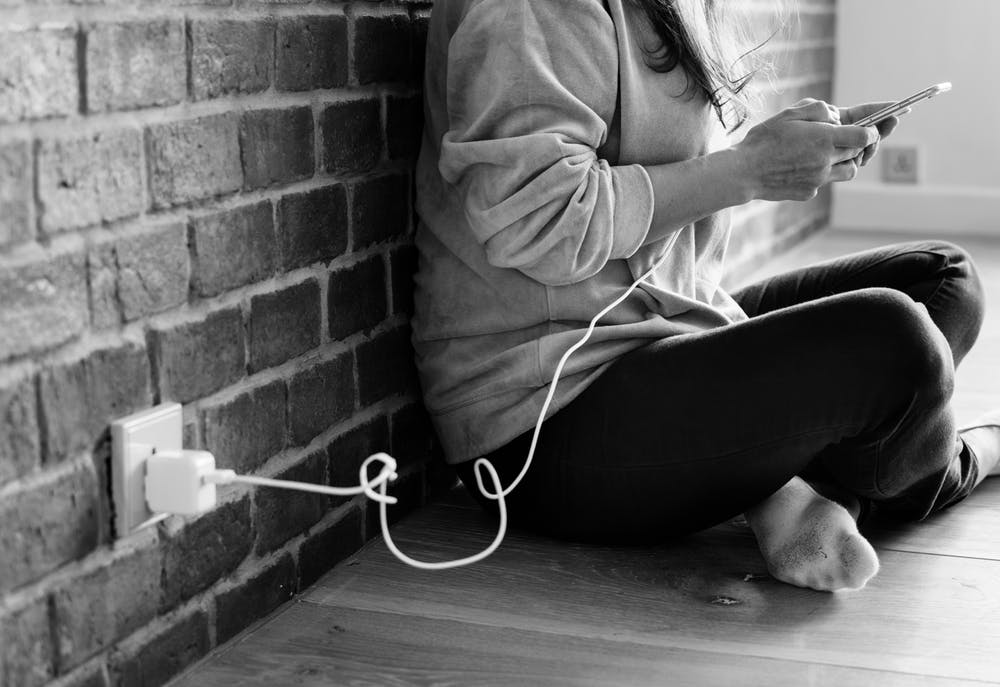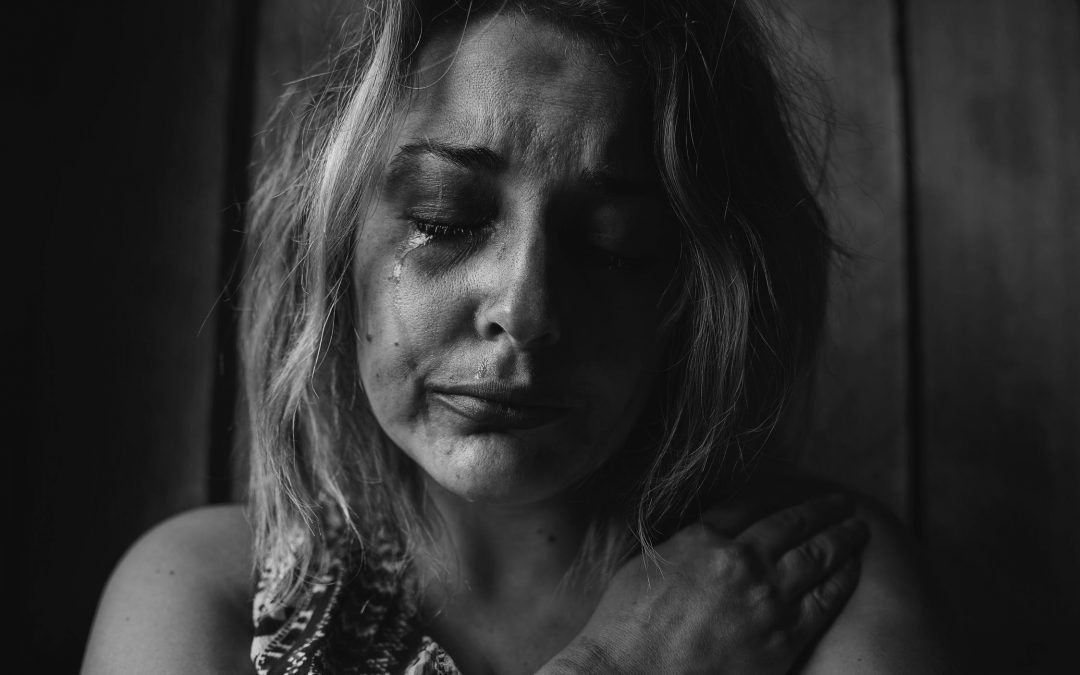Understanding the root cause of abusive relationships and breaking free
Elinor Greenberg, Ph.D.
Understanding Narcissism
History repeats itself, that is one of the things wrong with history.
If you are still in love with someone who physically and emotionally abuses you, your main problem is your past not your present. It is quite likely that in your childhood, you loved a parent who abused you.
Children love their parents and seek their approval, even when the parent is abusive. Eventually, over time your brain made the connection and love became coupled with abuse. In fact for some people, Love = Abuse.
As one woman said to me: “How will I know if he cares, if he doesn’t beat me?”
Your past connection between love and abuse persisted into the present and is one of the reasons that you still love your abusive mate.
Unfinished Situations Persist in Memory
Gestalt Psychologists Kurt Lewin (1890-1941) and Bluma Zeigarnik (1900-1988) theorized that unfinshed situations from the past press for fulfillment in the present. Bluma Zeigarnik went on to research this topic and published her findings in 1927. This need for closure and its persistence in our mind has come to be called “The Zeigarnik Effect.”
The Relationship “Do Over”
One way to understand your choice of this abusive person and your continued love for him or her is that you are attempting to get closure. Your relationship with a parent (or an important early caregiver) was abusive and unsatisfactory. On an unconscious level, you chose a new person to love who reminded you of your abusive caregiver. This allowed you and your adult lover to recreate aspects of your abusive childhood relationship. Your main desire is not to be abused again, but to have the new relationship turn out better than the childhood one. Subconsciously you believe that, if this new person could love you in the way that your parent did not, you would be able to resolve lingering issues from your traumatic childhood. In essence you were seeking (and still are seeking) a “Do Over” relationship that ends satisfactorily so that you can move on.
This makes it harder to let go of your abusive lover because you had unconsciously chosen this person not just for his or her own charms, but for the similarity between the way the two of you relate to your past relationship with your abusive parent.

Contact Therapy 121 for confiential Counselling via your phone.
How do you stop loving your abuser?
I suggest that you enter psychotherapy and work on your childhood issues with your parents. You are like someone who has caught their coat on a nail in the past and now you cannot go forward without first going back to unhook it. Without working on the underlying source of your problem, even if you get over this person, you may choose another who is just as unsuitable.
Some Steps to Take Now:
Identify the Caregiver: It may help you to reflect on how you have felt during this romantic relationship and compare it to how you felt as a child. This can help you identify the caregiver who first created this pattern of love and abuse.
Replace: When you start longing for your abusive lover, replace his or her face and name with that of the original person (parent or caregiver) who started this whole dysfunctional relationship pattern with you.
Remind: Then remind yourself that your abusive lover is just the stand-in for your parent. Children cannot let go of their parents—but this abusive person is not your parent. You can let go. What your inner child wants is something that your abusive mate can never give you.
Punchline: At first glance it may seem illogical that you still love someone who physically and emotionally abused you. But…if you understand that it was an attempt to finally get emotional closure from a childhood wound, it begins to make more sense.
Source: https://www.psychologytoday.com/us/blog/understanding-narcissism/201712/how-can-i-stop-being-in-love-someone-who-abuses-me







